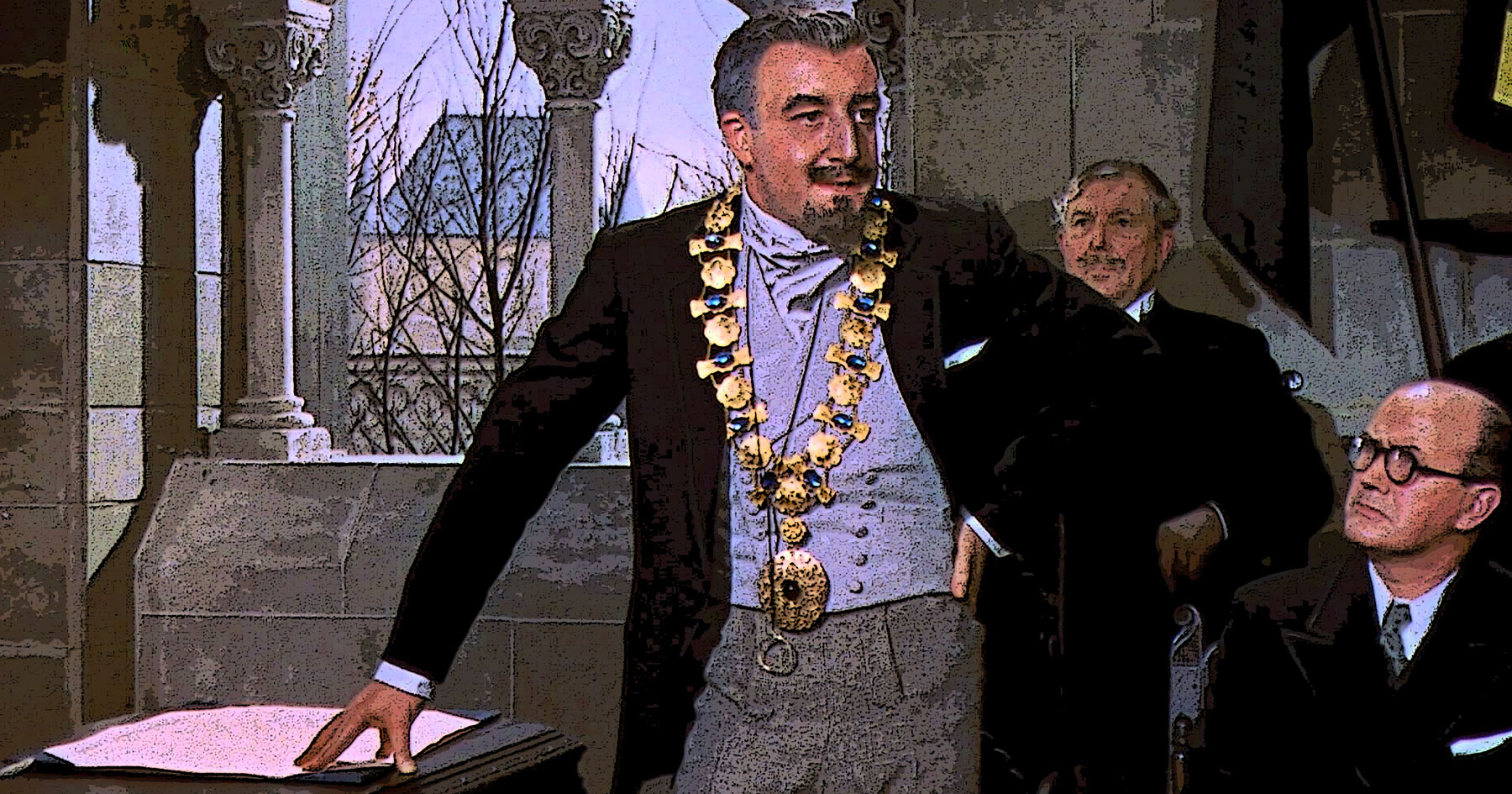Why did Dr. Ben Burris give up his orthodontic license? Where did he go wrong?
Dr. Burris broke the law. He flagrantly violated the hallowed precepts of the Arkansas Dental Practices Act. Let me rinse and spit out the truth: This dentist illegally cleaned people’s teeth.
Not just once — he did it again and again. Often twice a year per patient — or victim, depending on your viewpoint.
Plus, brace yourself, he didn’t merely scrub their choppers, he did so — get this — at very low cost.
We need strong laws to stop such scoundrels.
That bastion of wisdom, the State of Arkansas, has no qualms about Dr. Burris’s qualifications to remove plaque from our incisors, canines and molars, having licensed him to practice dentistry. The problem is actually that Dr. Burris is over-qualified.
Especially to charge low prices!
Burris got licensed in a specialty: Orthodontia. You see, according to state law, a dentist so licensed “must limit his or her practice to the specialty in which he or she is licensed except in an emergency situation.”
Only after terrorist attacks or earthquakes can society risk allowing Orthodontists to daringly and brazenly polish people’s teeth. For less.
This particular statutory tyranny aims to close healthcare markets, minimize patient choice and keep dental costs artificially high. Luckily, beyond being maliciously wrongheaded, Arkansas’s dental law is absurdly foolish.
Dr. Burris dropped the federal court challenge being litigated by the Institute for Justice. Why? He discovered that by simply relinquishing his orthodontic license, he could legally practice orthodontics and clean people’s teeth at low cost.
He just can’t call himself an Orthodontist — but can call the law an ass.
This is Common Sense. I’m Paul Jacob.












